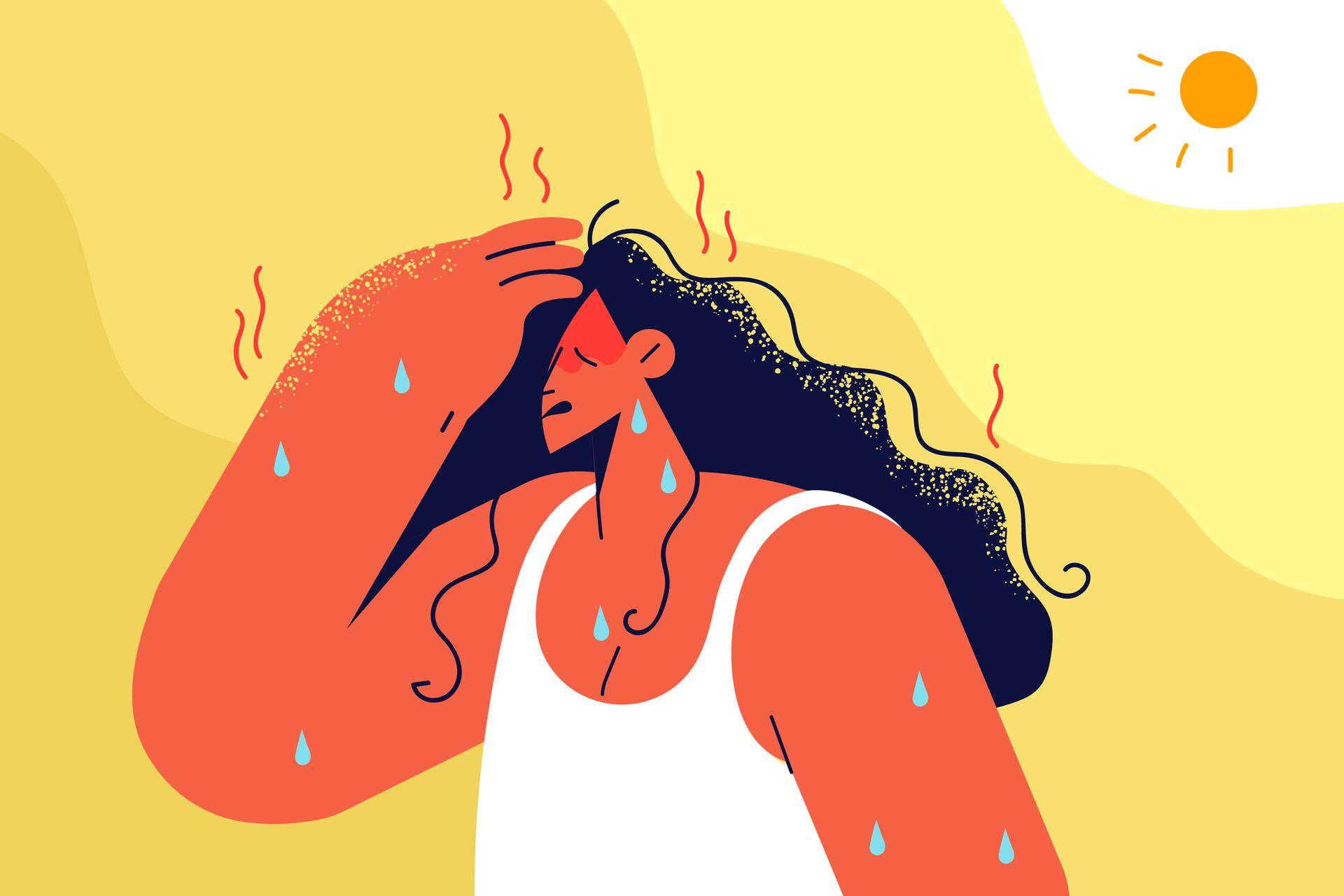



When the mercury rises and humidity soars, it's not just the planet feeling the pressure. The sweltering combo of hot and sticky weather has more often than not barbequed all our brains. As our planet’s climate undergoes unprecedented changes (no thanks to us), scientists have uncovered a fascinating insight into how humidity can impact the delicate balance of microorganisms in our digestive system, which then in turn may lead us into fits of anxiety. Seems a little far-fetched? Well, get used to not underestimating your gut microbiome. It really does have its trillions of tiny fingers poking in every aspect of our health!
Environmental factors such as humidity, temperature, and air pressure are closely linked to negative emotions such as fatigue syndrome, depression, and anxiety. High temperatures and humidity levels have been shown to worsen emotional and behavioral disorders, potentially increasing the incidence of conditions like schizophrenia, mania, and neurological disorders. The gut microbiome communicates closely with the central nervous system (CNS) via the gut-brain axis and responds to signals from both internal and external environments. In fact, changing environmental factors can actually restructure the gut microbiome!
To understand what happens at the microscopic level, scientists exposed male mouse models to high humidity and heat for 45 days and observed their behavior through a series of behavioral tests. What they found was mind-boggling, literally! Mice that were subjected to a humid heat environment started displaying anxiety-like behavior. When the gut microbiome of these mice was analyzed, scientists saw a significant decrease in the bacteria Lactobacillus murinus, accompanied by gut dysbiosis. They also observed an increase in lithocholic acid, a toxic bile acid metabolite, and an increase in cytokines that cause neuroinflammation.
Now here’s the twist. When the gut microbiome of the mice subjected to high humidity was transplanted in germ-free mice (i.e. a mice experimentally grown to have no microbiome of its own), it started displaying the same negative effects as the hot and bothered mice. What’s more baffling is that when Lactobacillus murinus was administered to these mice, there was a significant reversal of the abnormal outcomes. Human samples collected during the humid heat season also show a decrease in Lactobacillus murinus abundance and an increase in serum lithocholic acid concentration. It’s bonkers what all microbes are capable of!
Next time there’s a heat wave alert, check your inner forecast and take a chill pill!
Reference